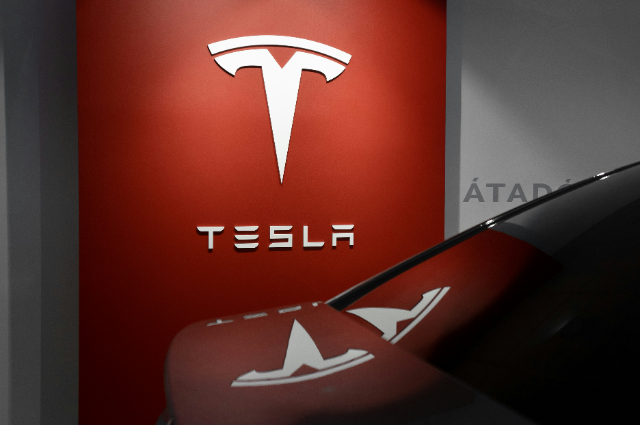
Photo by Milan Csizmadia on Unsplash
During an interview with Fox News, President Trump said that if Tesla did build a factory in India to steer clear of the country’s high tariffs, which is at nearly 100% on electric vehicles, it would be “unfair” to us. Trump spoke about his meeting with Prime Minister Narendra Modi where he instigated reciprocal tariffs as a policy, “whatever you charge, I’m going to charge. I’m doing that with every country.”
"If I said 25 per cent, they'd say, 'Oh, that's terrible.' I don't say that anymore... because I say, 'Whatever they charge, we'll charge.' And you know what? They stop.”
“Every country in the world takes advantage of us, and they do it with tariffs... It is impossible to sell a car, practically, in, as an example, India.”
The imposition of 70-100% import duty on electric vehicles (EV) makes it exorbitant for foreign automakers to sell their cars in India. The new EV policy that came into play in March, 2024, reduced import taxes to 15% under the condition of investment and factory set-up by the automaker.
The mere possibility of Tesla entering India for the third time is met with a driven intent of its introduction into the Indian market. It will allow for reduced tariffs on US imports of electric vehicles, and in return, in addition to the enhanced market, under Trump’s new policy of reciprocal tariffs, it will come down to 15%.
Elon Musk has been mapping out locations to set up a manufacturing plant with a rear view window kept on Maharashtra. As per the report by The Economic Times, Maharashtra is preferred due to the company office in Pune. The negotiations are being carefully executed, as Maharashtra has lost to other states before in regard to large investment projects like the Tata-Airbus aircraft manufacturing project. The report also covered Tesla’s attempts to use components for manufacture, locally.
Although Tesla’s entry into the Indian market has been met with internal quarrels and domestic automakers (Tata Motors, Maruti Suzuki, Hyundai and Mahindra and Mahindra) fearing that their shares in the stock market will be taking a large hit, this as a consequence will only be short-lived as analysts believe that Tesla’s entry could heavily contribute to the advancement of the EV sector, especially through partnership for local components.
Gurmeet Chadha (CIO and Managing Partner at Complete Circle Consultants) pointed out that the “markets are overreacting, but this is a time to look at some names where the reaction has been more negative just from the news point of view…It is a win-win if an innovator comes.”
Tesla’s pricing strategy is also another reason for analysts to downplay the competition, as the global brokerage firm CLSA stated that the average selling price of cars is about $14,000 in India, and Tesla’s cheapest U.S model’s price is at about $35,000.
CLSA recognised in a report that, “Even if Tesla launches a battery electric vehicle (BEV) at a price of $25,000, we believe the features and specifications would be meaningfully compromised versus its traditional models. Therefore, with Indian OEMs offering compelling features and competitive pricing, we do not anticipate any significant threat from such a launch by Tesla.”
Hence, Tesla’s entry is to be viewed as India’s progress in the global market and an opportunity for mutually beneficial partnership.
